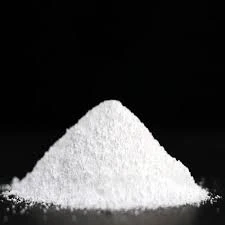Chemical Use in Boiler Water Treatment
Boiler water treatment is crucial for maintaining operational efficiency and extending the lifespan of boiler systems. The use of chemicals in this process plays a pivotal role in preventing various issues such as scale formation, corrosion, and bacterial growth. Understanding the chemicals involved can help operators ensure that boilers run smoothly and efficiently.
One of the primary challenges in boiler systems is the formation of scale, which is largely caused by the precipitation of minerals like calcium and magnesium. To combat this, antiscalants are commonly employed. These chemicals work by sequestering hardness ions, preventing them from forming precipitates that can settle on boiler tubes and impede heat transfer. By utilizing antiscalants, operators can minimize maintenance needs and enhance thermal efficiency.
Another significant concern in boiler water treatment is corrosion. Corrosive environments are often created due to the presence of oxygen and carbon dioxide in the feedwater. To mitigate corrosion, oxygen scavengers are used. Commonly utilized chemicals include sodium sulfite and hydrazine. These agents react with dissolved oxygen, eliminating it from the water before it can cause damage to the metal components of the boiler. Proper oxygen control is essential, as even small amounts of oxygen can lead to severe corrosion over time.
chemical used in boiler water treatment

Furthermore, the presence of ammonia in the boiler system can cause foaming and carryover issues. To address this, treatments involving sodium hydroxide are often used to maintain a stable pH level. A balanced pH helps to prevent metal corrosion and improves the effectiveness of other treatment chemicals.
Biocides are also an essential element of boiler water treatment. They are used to control microbiological growth, which can lead to slime formation and further contribute to corrosion and scaling. Regular monitoring and treatment with appropriate biocides can ensure a clean and efficient boiler system.
In conclusion, the effective treatment of boiler water through chemical applications is vital for optimizing performance and prolonging the lifespan of boiler systems. By employing a combination of antiscalants, oxygen scavengers, pH regulators, and biocides, operators can significantly reduce the risks of scaling, corrosion, and biological growth, ensuring safe and efficient boiler operation. Proper chemical management not only enhances performance but also translates into cost savings for companies relying on these systems for their operations.

